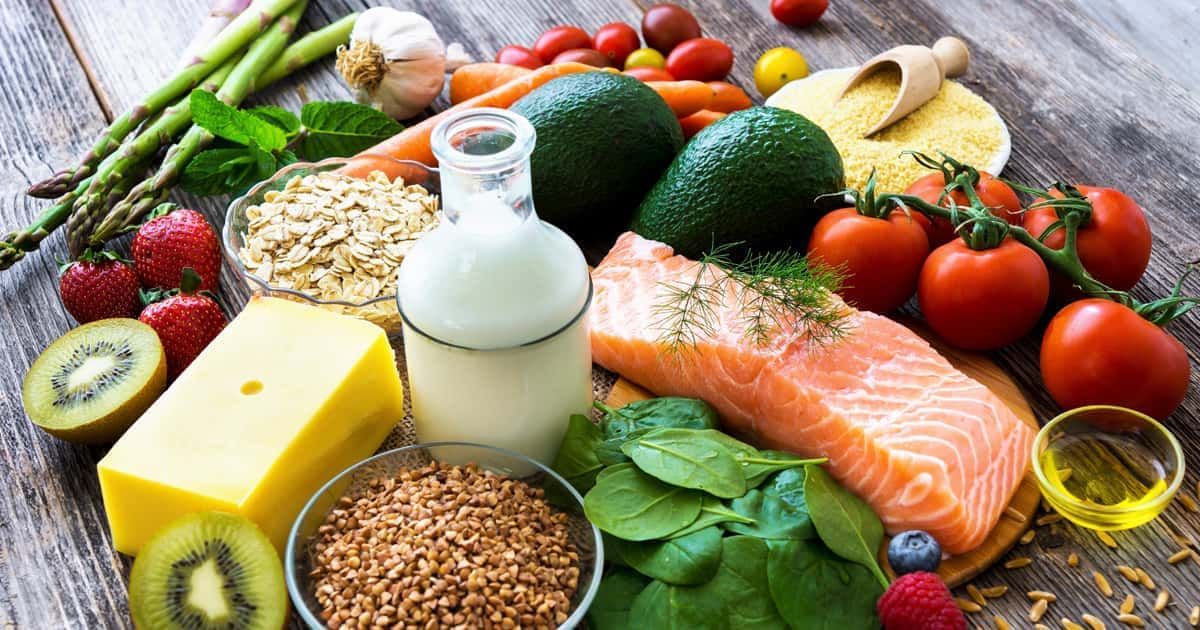Biotin - Vitamin B7
Biotin - Vitamin B7
Biotin is essential for carbohydrate and fat metabolism and regulates gene expression. Yeast, eggs, salmon, cheese and liver are among the best food sources of biotin.
Biotin also called as vitamin B7. It is a water - soluble B vitamin which is an essential nutrient that is naturally present in some foods and available as a dietary supplement. Biotin is a cofactor for five carboxylases such as propionyl-CoA carboxylase, pyruvate carboxylase, methylcrotonyl-CoA carboxylase [MCC], acetyl-CoA carboxylase 1, and acetyl-CoA carboxylase 2. These catalyze critical steps in the metabolism of fatty acids, glucose, and amino acids. Biotin also plays key roles in histone modifications, gene regulation by modifying the activity of transcription factors, and cell signaling.
Most biotin in foods is bound to protein, although some dietary biotin is in the free form. Gastrointestinal proteases and peptidases break down the protein-bound forms of ingested biotin into biocytin and biotin-oligopeptides, which undergo further processing by biotinidase, an enzyme, in the intestinal lumen to release free biotin. The free biotin is then absorbed in the small intestine, and most biotin is stored in the liver.
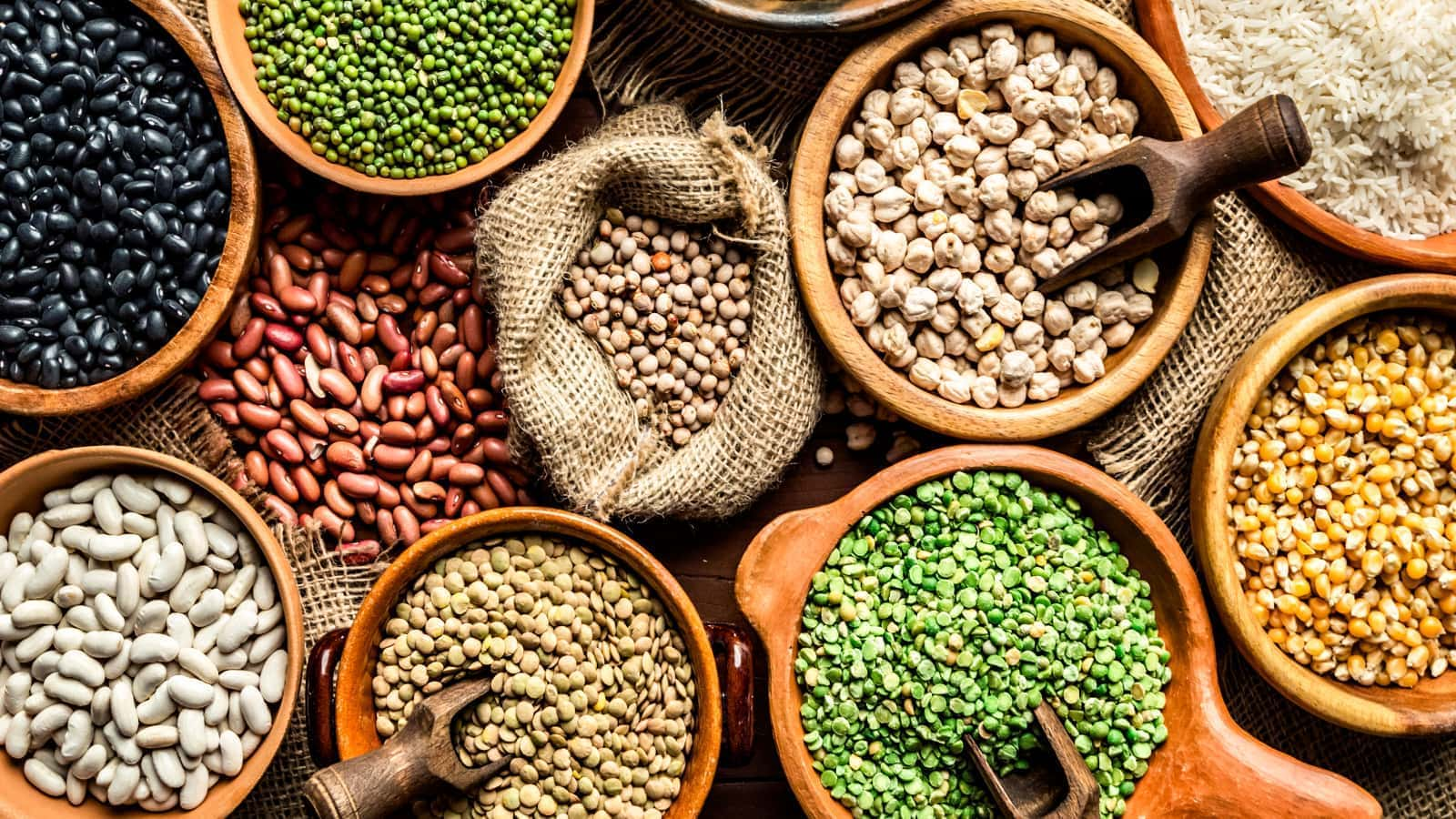
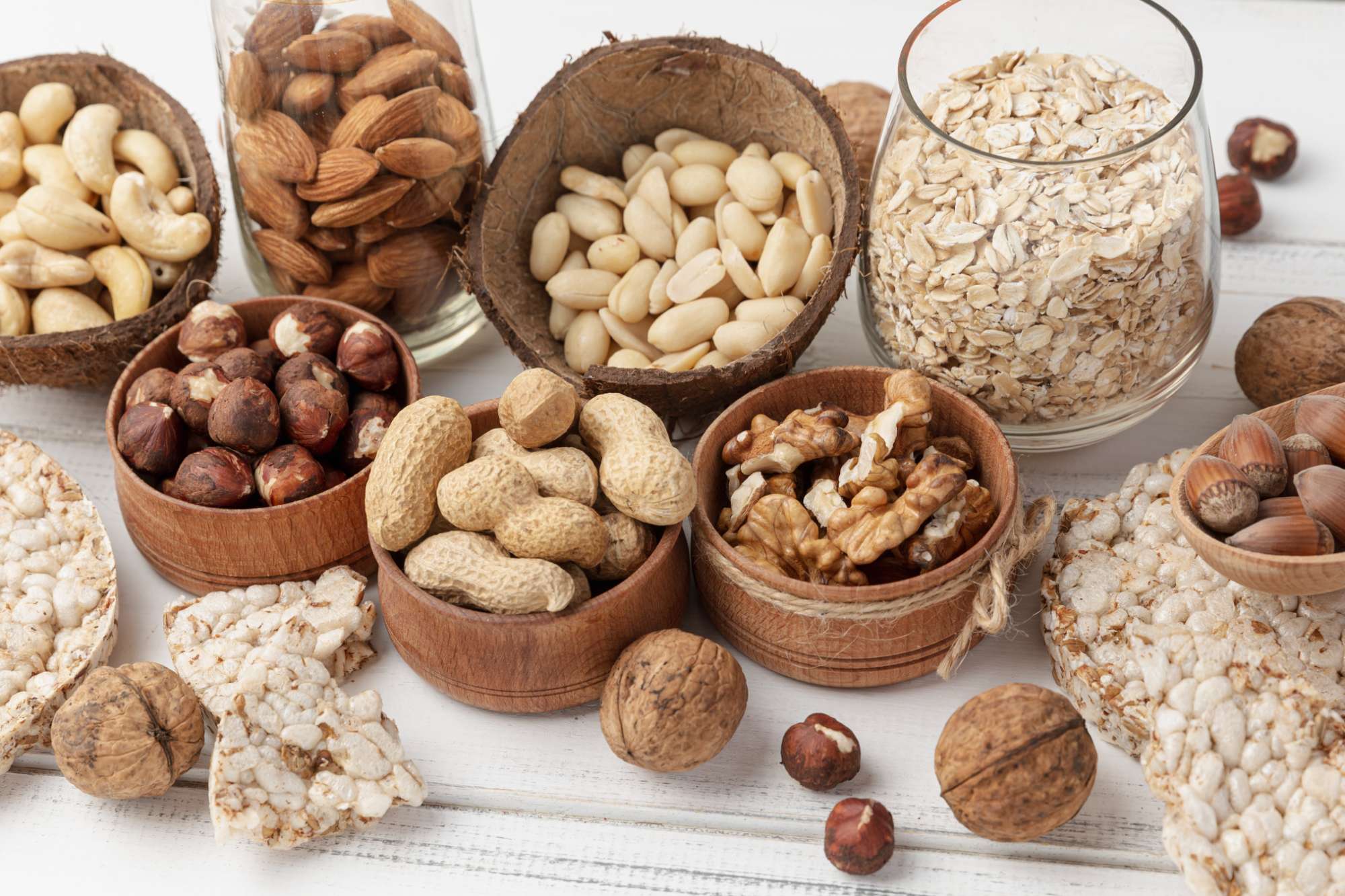
Recommended amounts
The amount of biotin you need each day depends on your age. Average daily recommended amounts are listed below in micrograms (mcg).
- Birth to 6 months: 5 mcg
- Infants 7–12 months: 6 mcg
- Children 1–3 years: 8 mcg
- Children 4–8 years: 12 mcg
- Children 9–13 years: 20 mcg
- Teens 14–18 years: 25 mcg
- Adults 19+ years: 30 mcg
- Pregnant teens and women: 30 mcg
- Breastfeeding teens and women: 35 mcg.
How harmful is if excess Biotin?
No evidence in humans has shown a toxicity of biotin even with high intakes. Because it is water-soluble, any excess amount will leave through the urine. There is no established upper limit or toxic level for biotin.
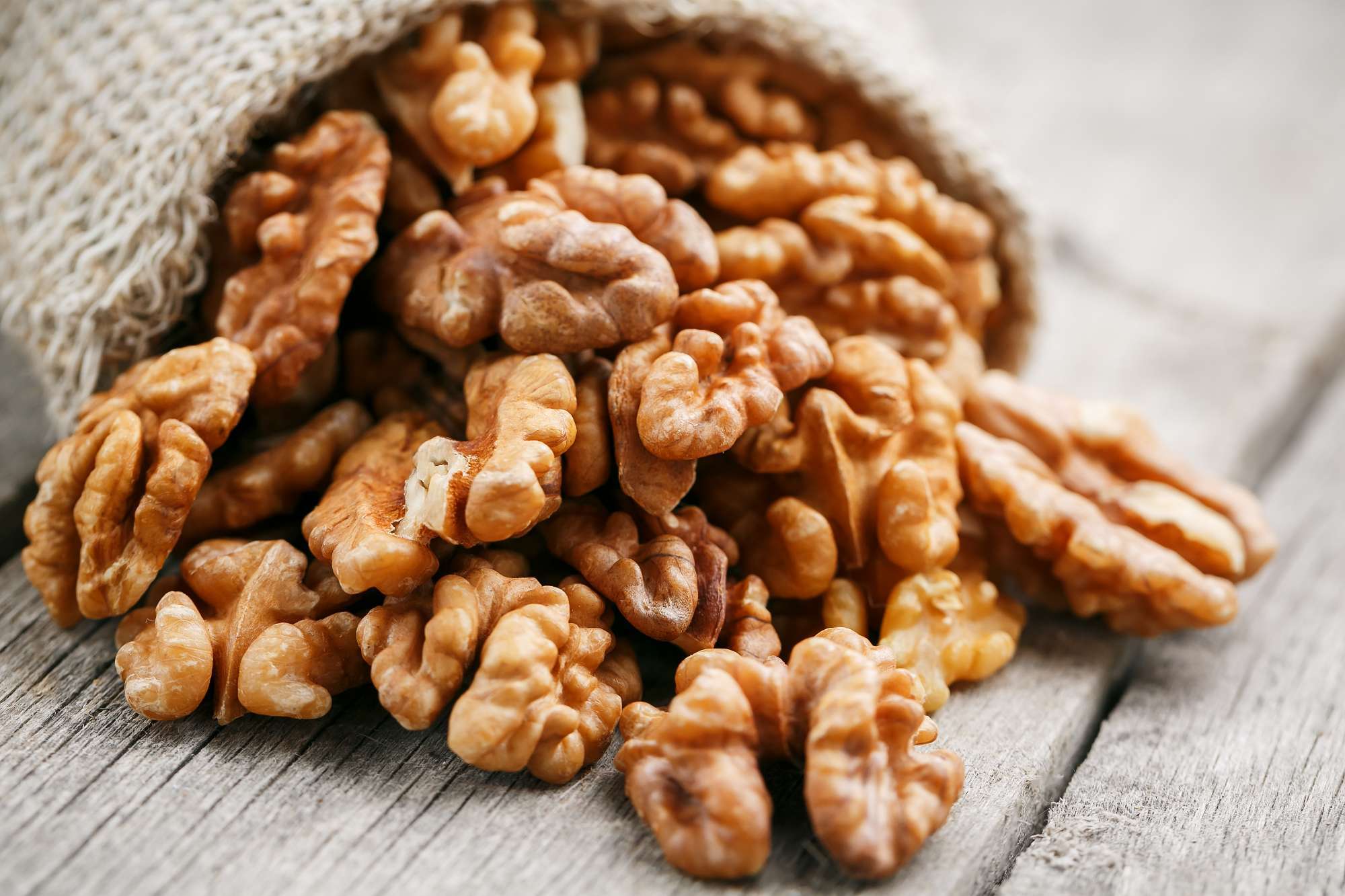
.jpg)
What about Biotin deficiency?
Biotin deficiency is rare, and severe biotin deficiency in healthy individuals eating a normal mixed diet has never been reported.
The signs and symptoms of biotin deficiency typically appear gradually and can include thinning hair with progression to loss of all hair on the body; scaly, red rash around body openings such as eyes, nose, mouth, and perineum; conjunctivitis; ketolactic acidosis which occurs when lactate production exceeds lactate clearance and aciduria - abnormal amounts of acid in urine; seizures; skin infection; brittle nails; neurological findings (e.g., depression, lethargy, hallucinations, and paresthesias of the extremities) in adults; and hypotonia, lethargy, and developmental delay in infants. The rash and unusual distribution of facial fat in people with biotin deficiency is known as biotin deficiency facies.
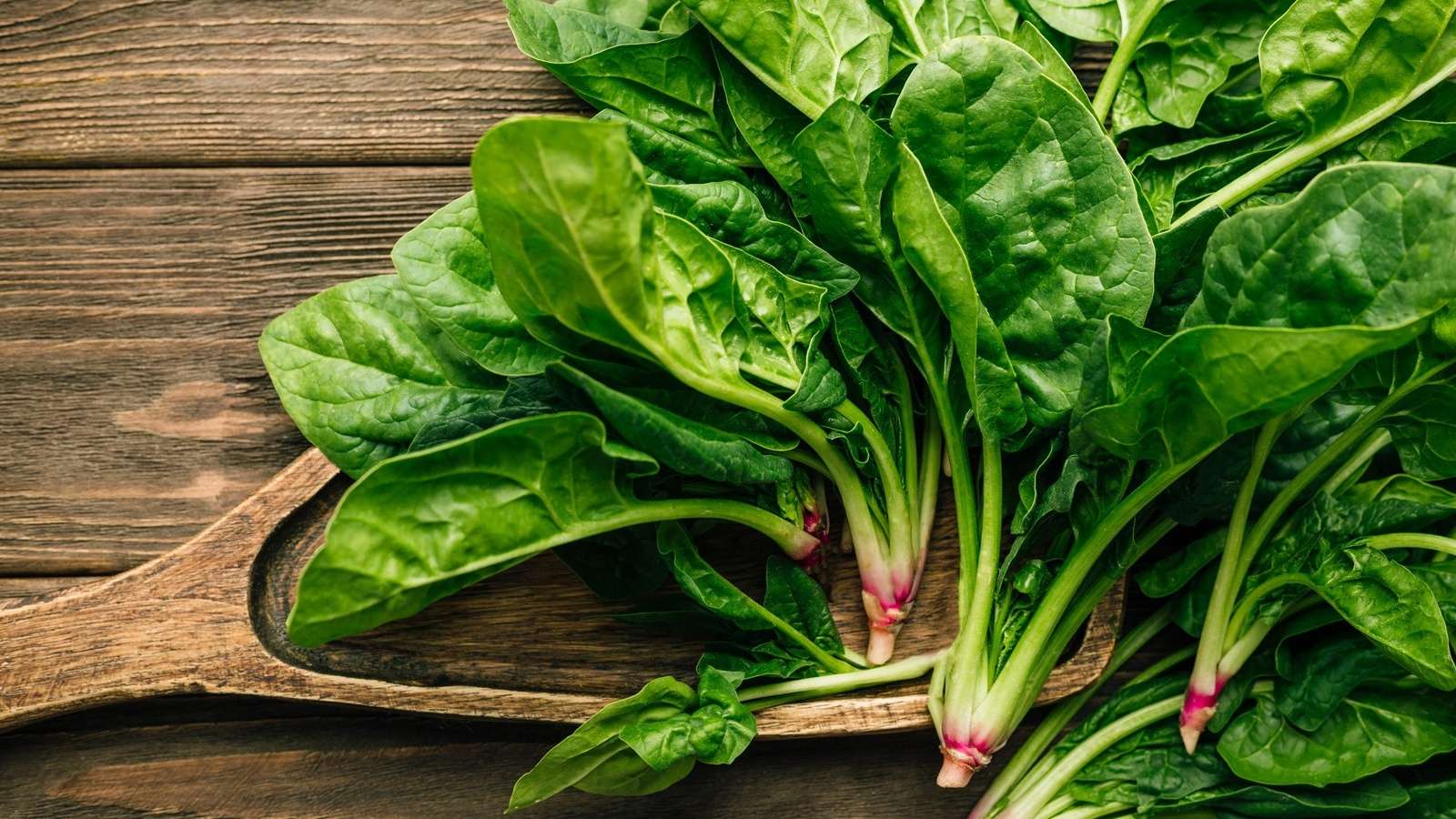
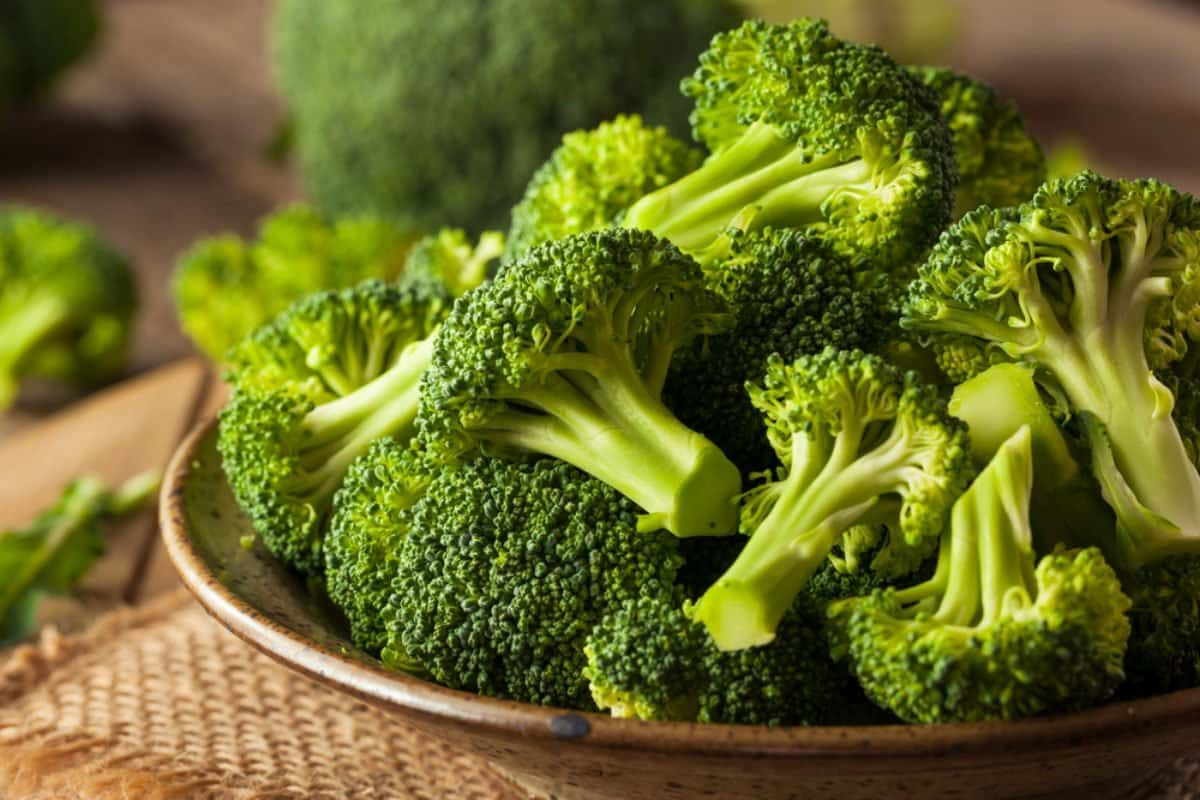
Groups at risk of Biotin inadequacy
The following groups are among those most likely to have inadequate biotin status.
1. Individuals with biotinidase deficiencyBiotinidase deficiency is a rare autosomal recessive disorder that prevents the body from releasing free biotin, leading to biotin deficiency despite normal intake. Without treatment, biotinidase deficiency produces neurological and cutaneous symptoms, and profound biotinidase deficiency can lead to coma or death. Because treatment with oral biotin starting at birth (or before symptoms develop) and continuing for the rest of the person’s life can prevent these symptoms, all newborns in the United States and many other countries are screened for this disorder.
2. Individuals with chronic alcohol exposureChronic exposure to alcohol inhibits the absorption of biotin. Plasma biotin concentrations are low in 15% of people with chronic alcoholism.
3. Pregnant and breastfeeding womenAt least a third of pregnant women develop marginal biotin deficiency in spite of normal biotin intakes; plasma and breastmilk concentrations of biotin decrease in lactating women, even when their dietary biotin intakes exceed the AI (Adequate Intake). Additional research is needed to understand the clinical significance of these findings.
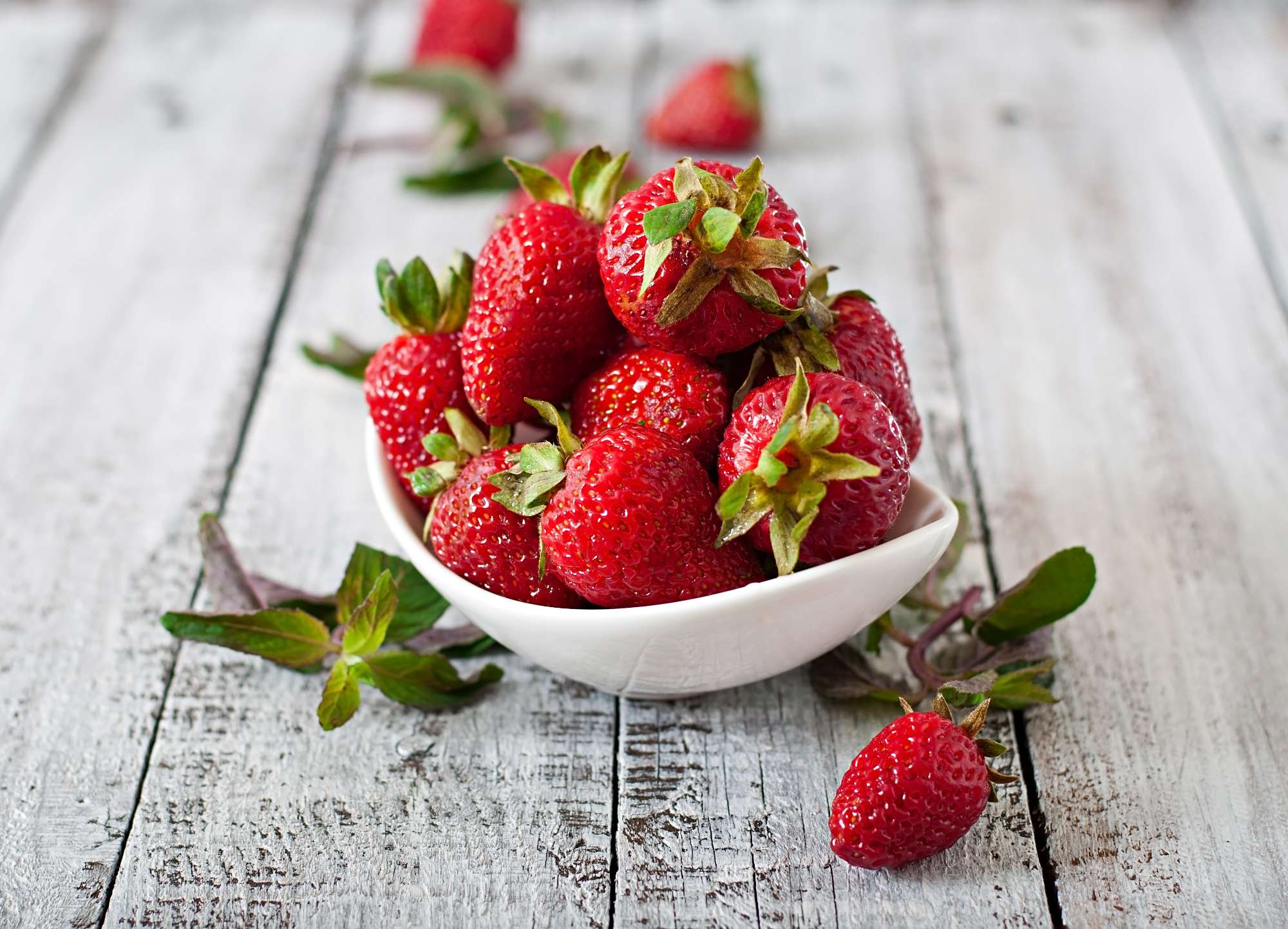
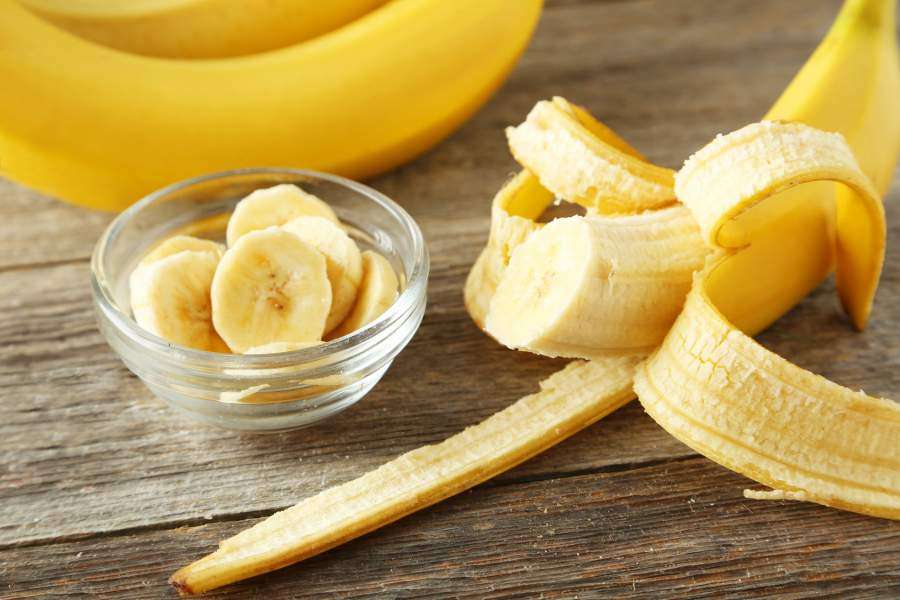
Biotin and Health
Hair, nail, and skin healthSigns of biotin deficiency include skin rashes, hair loss, and brittle nails. Therefore, biotin supplements are often promoted for hair, skin, and nail health. However, these claims are supported, at best, by only a few case reports and small studies.
The evidence on biotin supplementation to treat brittle nails includes three small studies that did not include a placebo group, and these reports do not indicate the baseline biotin status of study participants. One of these studies assessed the effects of 2.5 mg/day biotin for 6–15 months in 22 women with brittle, splitting, or soft nails and 10 healthy volunteers. In the eight patients with brittle nails whose nail samples were obtained immediately before and after biotin supplementation, nail thickness increased by 25%. In the 14 patients with brittle nails whose nail specimens were obtained 2–4 months after starting treatment and 1–4 months after ending treatment, nail thickness increased by 7%, a difference that was not statistically significant. In the second study, 2.5 mg biotin daily for an average of 5.5 months in 45 patients with thin and brittle fingernails resulted in firmer and harder fingernails in 41 of the patients (91%). Finally, the third, retrospective study in 35 patients with brittle nails found that 2.5 mg/day biotin for 6–15 months resulted in clinical improvement in 22 of the 35 patients (63%).
Only case reports are available to support claims that biotin supplements can promote hair health, and these reports were only in children. These studies found that 3–5 mg/day biotin in children with uncombable hair syndrome (a rare disorder of the hair shaft) significantly improved hair health after 3–4 months. The evidence supporting the use of biotin supplements to support skin health is equally limited to a small number of case reports, all in infants, showing that 100 mcg to 10 mg/day resulted in dramatic improvements in rash or dermatitis as well as alopecia. Future studies are needed to determine whether biotin supplements might improve hair, nail, and skin health, especially among healthy individuals.
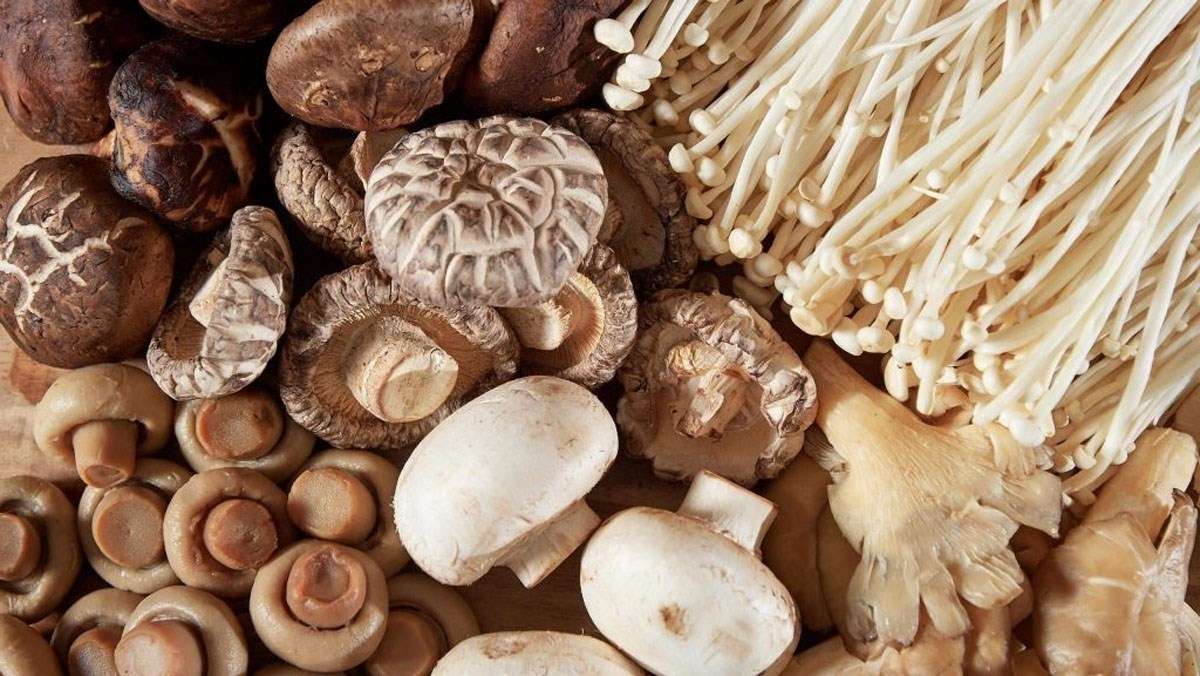

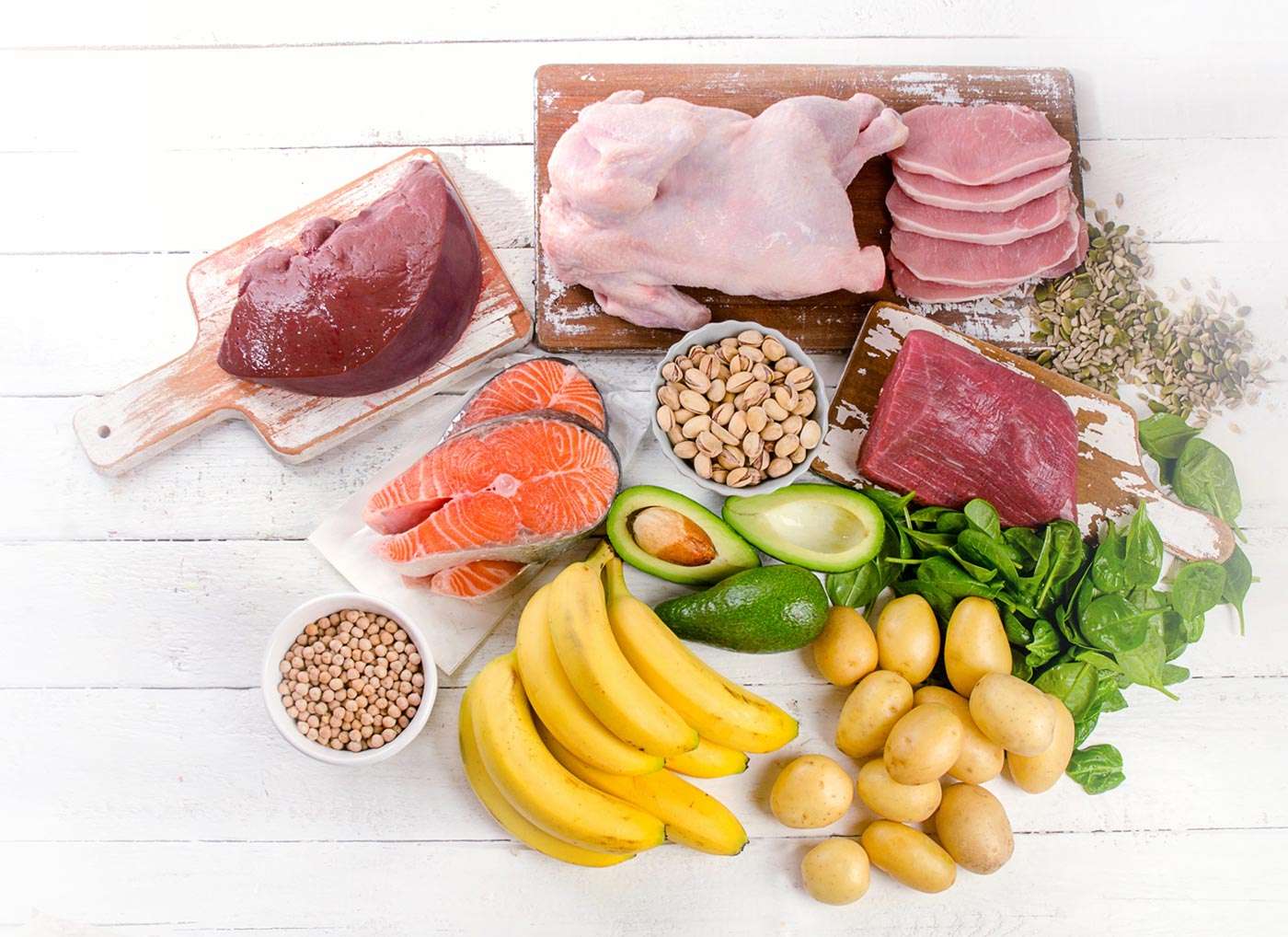
What foods provide biotin?
Many foods contain some biotin. You can get recommended amounts of biotin by eating a variety of foods, including Beef liver, Eggs (cooked), Salmon, Avocados, Pork, Sweet potato, Nuts, seeds.
Did you know?
Those who frequently enjoy raw eggs in recipes for mayonnaise, Caesar dressing, or eggnog may want to reconsider. A protein in raw eggs called avidin can bind to biotin, preventing its absorption. Cooked eggs are not an issue because avidin is broken down when heated.
Compiled and written by Crocus Media



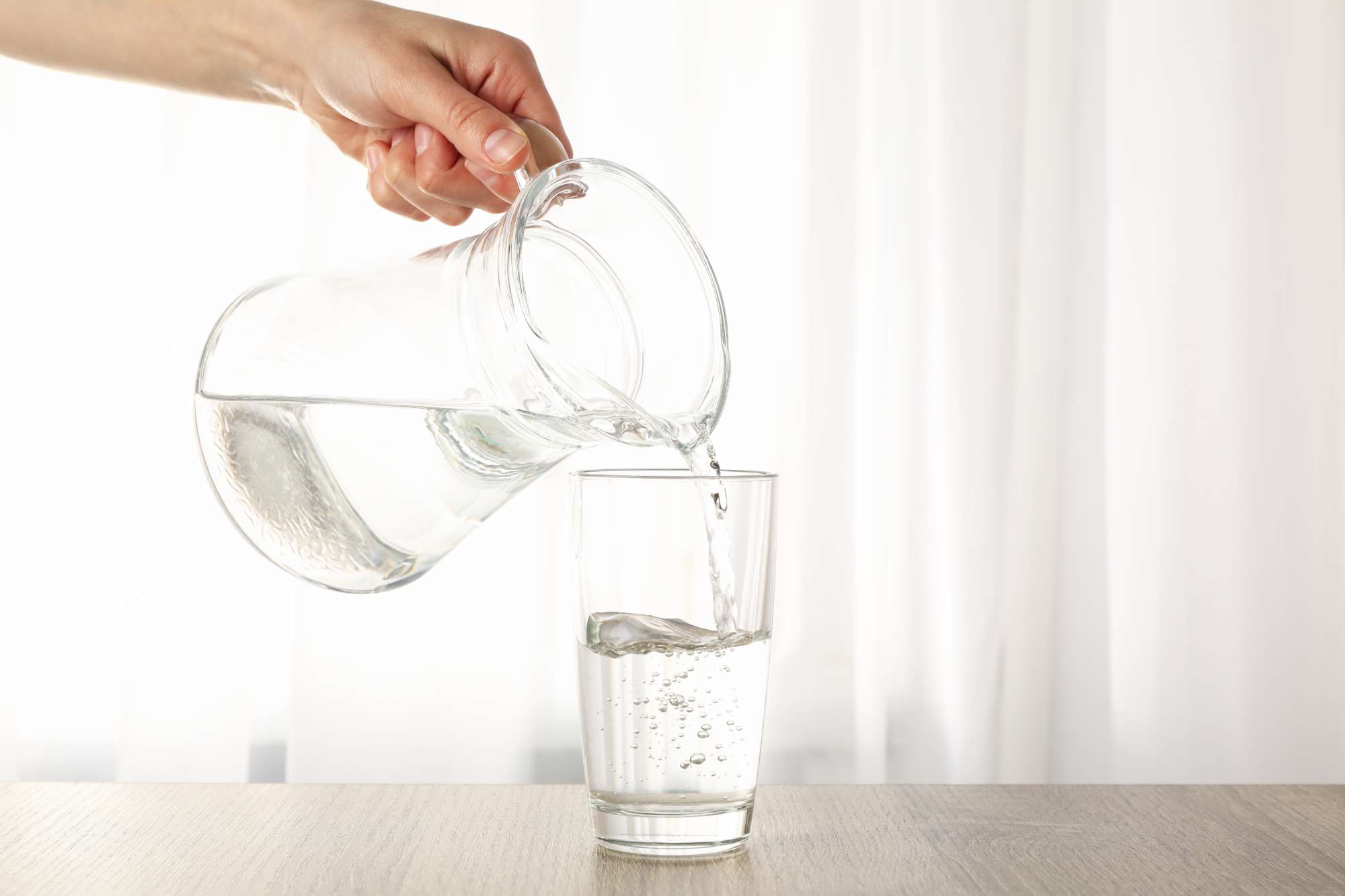
.jpg)
